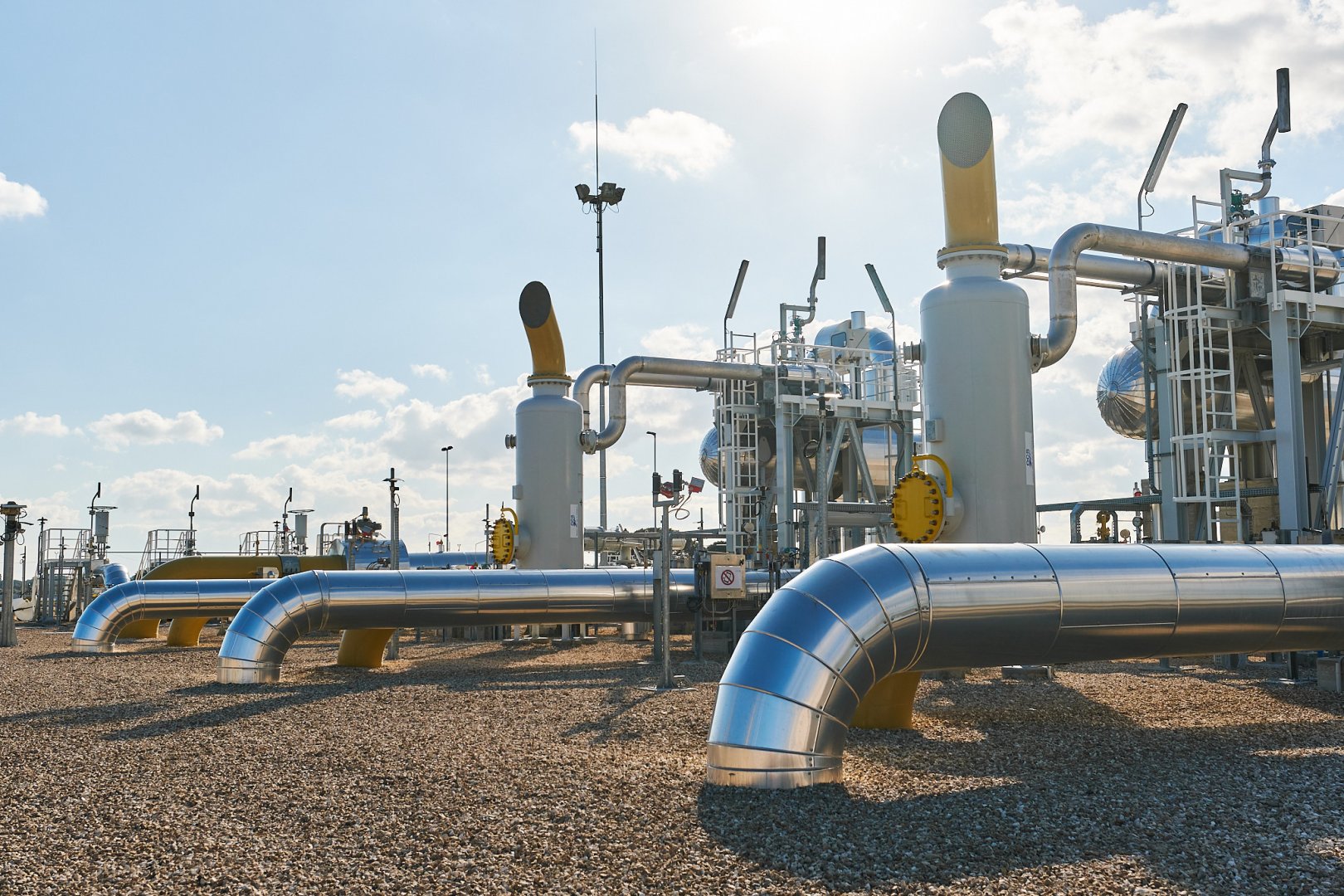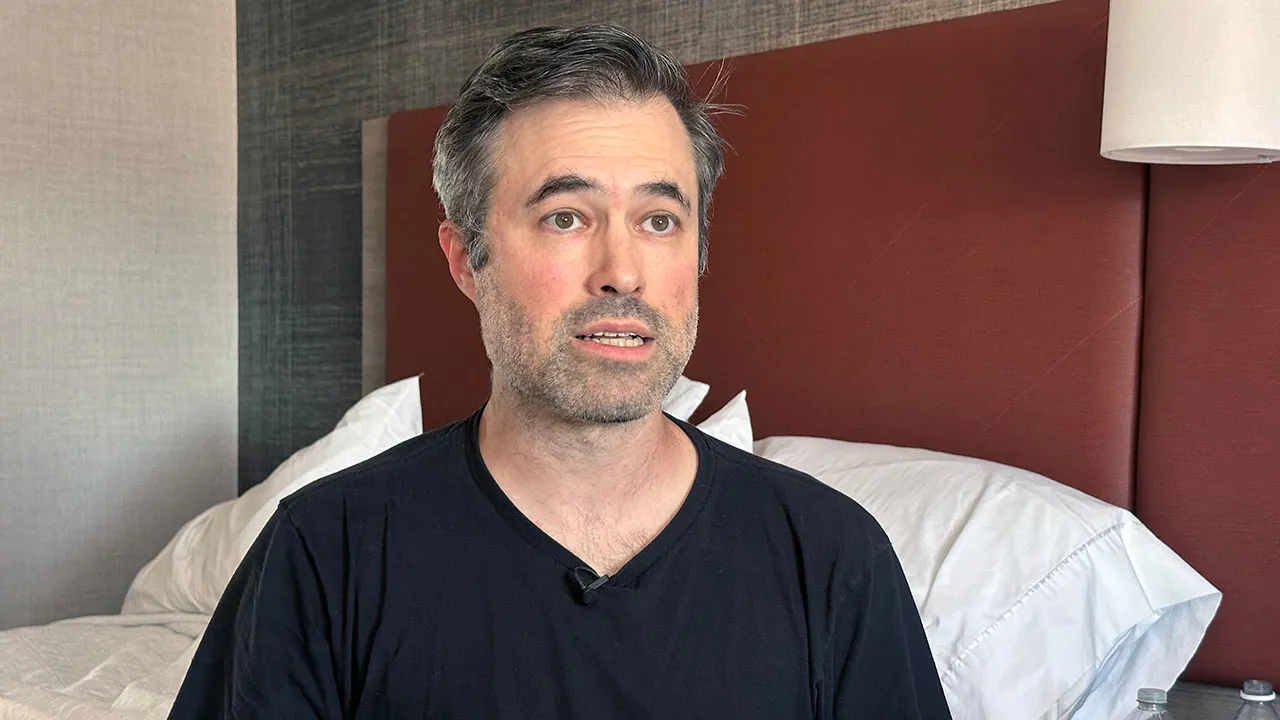Copyright trend

BAKU, Azerbaijan, October 31. The Trans Adriatic Pipeline (TAP) has maintained the Gold Standard Pathway Certificate under the Oil & Gas Methane Partnership 2.0 (OGMP 2.0) – the United Nations Environment Programme’s flagship framework for methane emissions reporting and mitigation, Trend reports via TAP This important recognition reflects TAP’s commitment to better understand, quantify, and reduce methane emissions across its operations. The certification confirms that TAP has developed a detailed roadmap for measuring and reporting methane emissions in line with the OGMP 2.0’s strict standards, which serve as the global benchmark for transparency and performance in the oil and gas sector. The Gold Standard Pathway is a key step towards obtaining the Gold Standard Reporting Certificate, which TAP expects to achieve in 2026, once full implementation of all measurement-based reporting requirements is completed. “This recognition underlines TAP’s ongoing commitment to environmental responsibility and continuous improvement,” said TAP’s Managing Director, Luca Schieppati. “Accurate measurement and transparent reporting are essential to reducing emissions and supporting our long-term decarbonisation objectives.” TAP joined the OGMP 2.0 initiative in 2023, reinforcing its commitment to contribute to methane emissions reduction. As we recently marked World Climate Action Day on 24 October, TAP’s continued progress under the OGMP 2.0 framework underscores its role in advancing climate action. As a critical component of the Southern Gas Corridor, TAP transports natural gas from Azerbaijan’s Shah Deniz field in the Caspian Sea directly to European markets. The pipeline plays a vital role in enhancing Europe’s energy security by diversifying supply routes and reducing dependence on a limited number of With an annual transport capacity of approximately 10 billion cubic meters (bcm), TAP is designed for scalability and has the technical capability to double its capacity to 20 bcm in the future. This potential expansion would support both regional energy resilience and the European Union’s broader decarbonization and energy transition goals.



